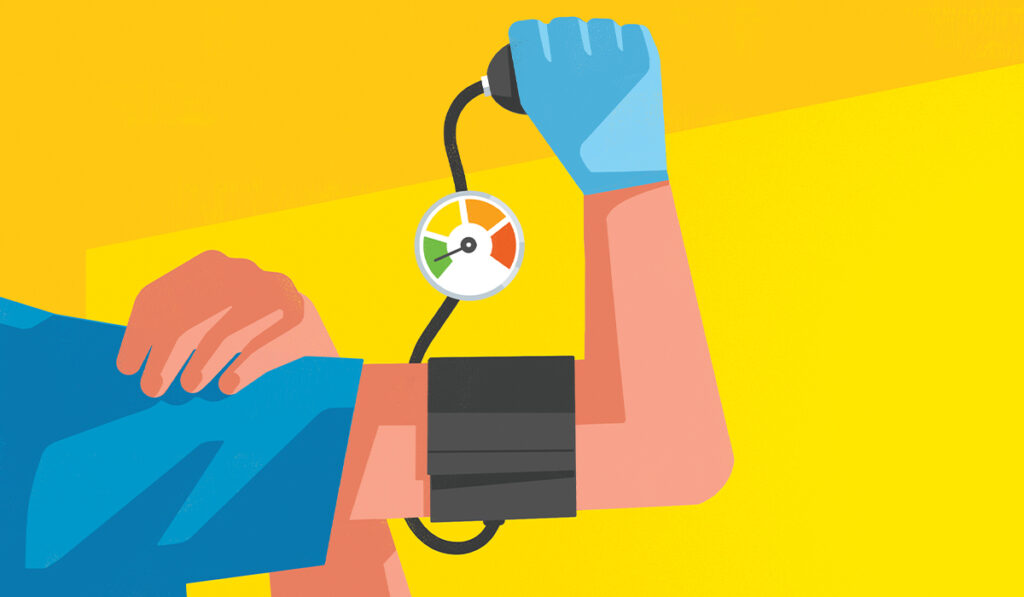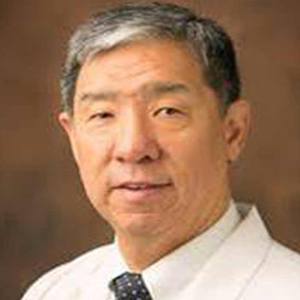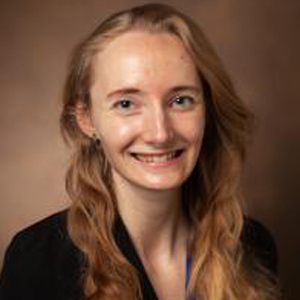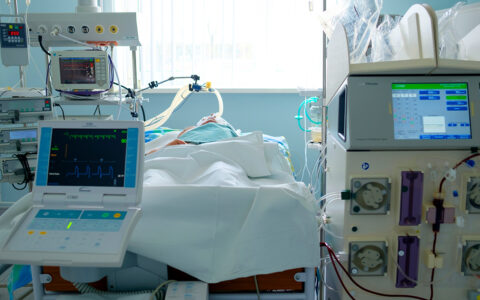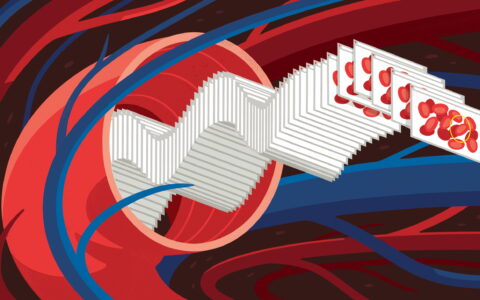Medical students with both perseverance and passion – which has been defined as “grit” – are less likely to suffer from burnout and more likely to display other psychologically healthy attributes, according to a study by Vanderbilt University Medical Center.
A new study in Psychological Reports outlines the findings, which are especially intriguing now that one in five physicians reports making plans to leave the profession, largely due to feelings of burnout, which is characterized by emotional exhaustion, depersonalization, and a reduced sense of personal accomplishment.
“Given the alarming predictions of physician shortages by the Association of American Medical Colleges, addressing the psychological factors involved in medical student wellbeing can help promote the health and longevity of the physician workforce,” said Diane Lee, co-author on the study. She conducted the work alongside her father, Donald H. Lee, M.D., a professor of orthopaedic surgery at Vanderbilt Medical Center.
Concern Over Burnout
Undergraduates considering an advanced degree often research what life in medical school is like, but few are prepared for what has become known as medical school syndrome – a condition brought on by the long hours and burdensome administrative work required. The ability to manage stress is considered a vital component of how to survive in medical school.
“The COVID-19 pandemic only made things worse,” Diane Lee notes. “The feelings of being overwhelmed, combined with the increase in administrative work, has led both medical students and young doctors to question why they went into the field to begin with.”
The study notes that burnout is of rising concern in the medical field. The investigators cite studies showing that 38 percent of physicians experience symptoms of burnout, compared to 28 percent of United States adults in other professions.
The number of physicians experiencing burnout is increasing yearly, according to the American Medical Association. A report published in Mayo Clinic Proceedings indicated the rate of burnout peaked during the pandemic at 63 percent.
“Burnout is correlated with suicidal ideation and decreased career satisfaction and work-life balance satisfaction,” Diane Lee said. “It is also correlated with increased medical errors. The cost of physician turnover and lost clinical hours related to burnout is estimated at $4.6 million annually.”
Student burnout is of similar concern, especially when it influences medical school dropout rates. With a vast array of responsibilities, many struggle to find when and how to study in medical school.
Identifying Risk
The research team conducted an online, email-based survey that included demographic questions, the Maslach Burnout Inventory-Human Services (Medical Personnel) Survey, and the Short Grit Scale. The survey was distributed to the entire student body of medical students at Vanderbilt School of Medicine.
The response rate for the survey was about 40 percent (177/444). Negative correlations were displayed between grit and overall burnout. A positive correlation was demonstrated between grit and personal accomplishment.
Depersonalization – defined in this context as a lack of empathy towards patients or thinking of patients as objects rather than other human beings – was higher for male participants. Fourth-year medical students had higher depersonalization rates than others, but they also had a higher sense of accomplishment. Married students also reported greater feelings of accomplishment.
Donald Lee said that these findings are important not only for the potential identification of students at risk of burnout, but also for the development of strategies to bolster grit and mitigate distressing experiences in the medical profession.
Such skills, he says, also are qualities highly valued in doctors.
We, as part of various organizations, should be cognizant of the high risks of burnout and try to identify and help assist all of us who are at risk.
Summoning Grit
Diane Lee said their study confirmed that grit not only helps avoid physician burnout, but also makes for happier doctors and medical students, which benefits patients.
“Although grit, or the lack of it, is something we are born with, research has shown that grit can be taught in most cases.”
She cites the work of Angela Duckworth, Ph.D., a professor of psychology at the University of Pennsylvania and a pioneer researcher on grit.
“Duckworth has shown that despite the fact that grit is believed to be due, in part, to innate characteristics, it can be increased through experiences, particularly if one holds a growth mindset,” Diane Lee said.
The researchers plan additional studies to further measure the relationship between grit and burnout.
“This information could potentially be used to encourage a growth mindset, particularly with regards to the unavoidable challenges and setbacks experienced during medical training,” Diane Lee said.
